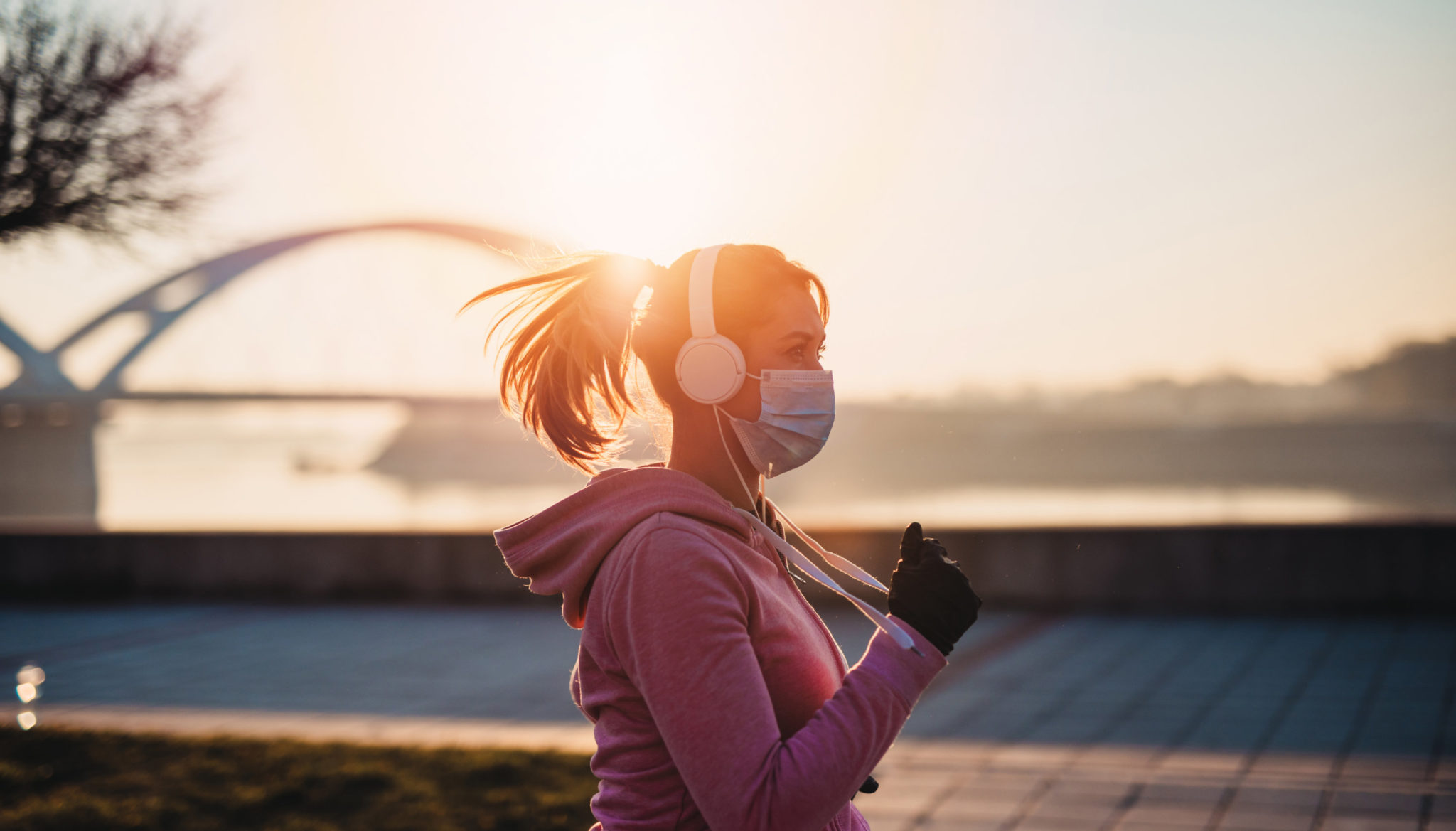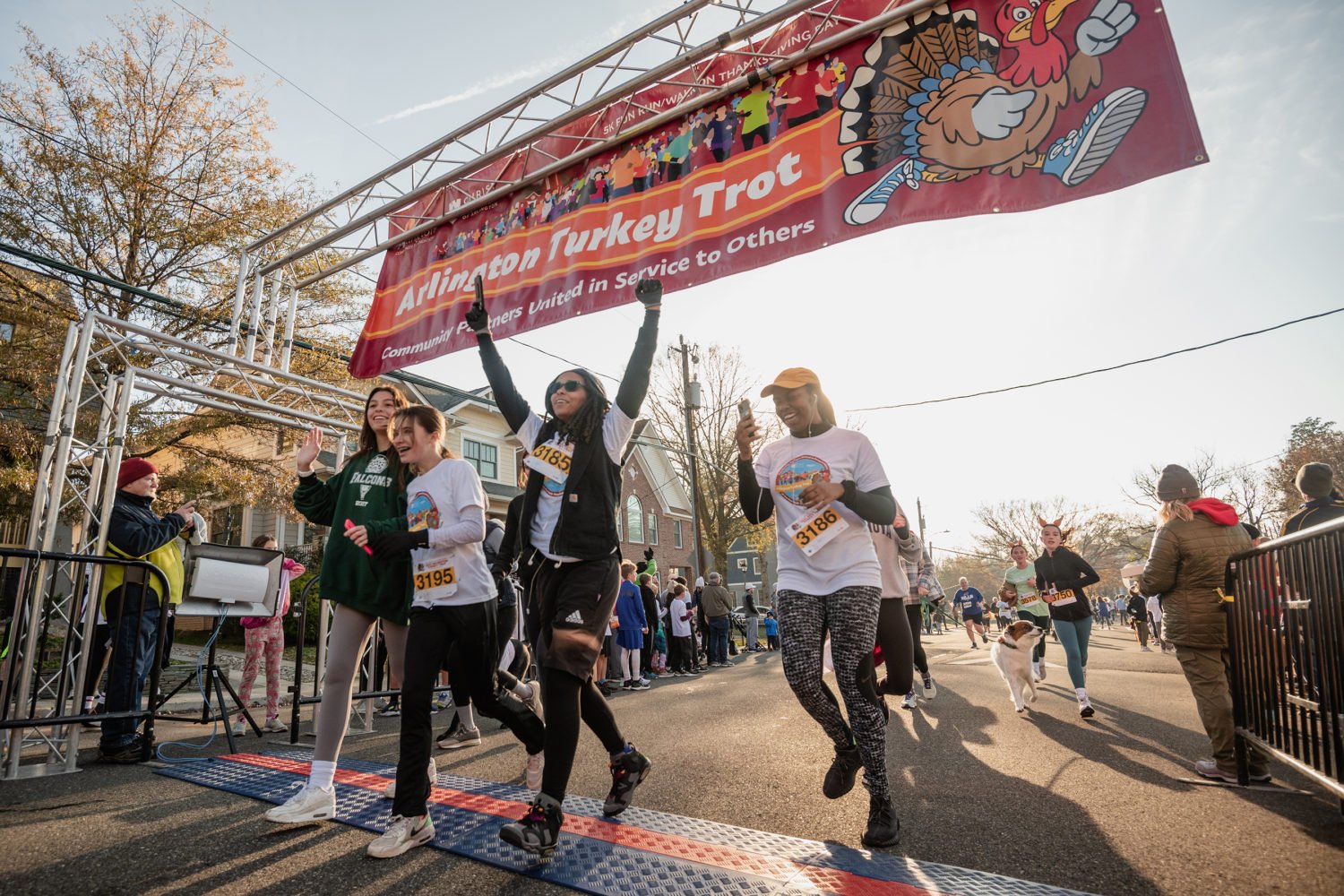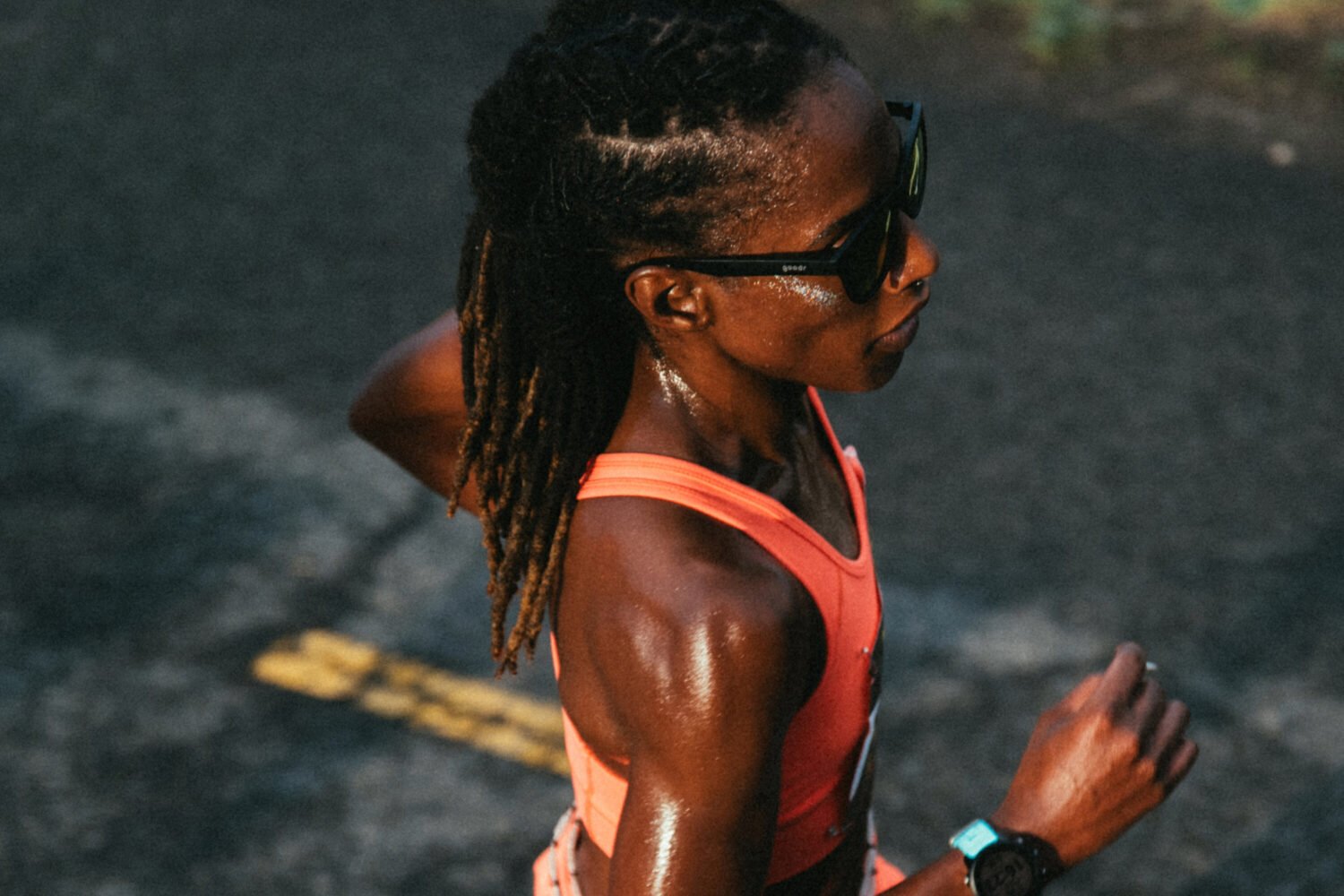About Coronavirus 2020
Washingtonian is keeping you up to date on the coronavirus around DC.
I’m a runner. Is it unethical for me to go jogging outside without wearing a mask?
Daniel P. Sulmasy, MD, PhD, acting director of the Kennedy Institute of Ethics and a faculty member of the Pellegrino Center, Georgetown University: This is a common and important question. Public health officials would applaud you for continuing to exercise, even as they would also urge you to practice effective social distancing during this pandemic. Your question thus involves the balancing of these two important and morally praiseworthy public health goals.
Good medical ethics always depends upon a good grasp of the facts. And the relevant facts in this case are these:
First, you need to understand that a cotton mask or a regular surgical mask does more to protect others in case you are infected than it does to protect you in case you encounter someone else who is infected. These types of masks do not do a good job blocking viral particles from getting on your face. Only the special N95 masks effectively block the virus. What these more common kinds of masks can do is to prevent you from coughing or sneezing or spitting or breathing heavily upon other persons. And since you might be asymptomatically infected and not know it, this practice is important in preventing spread of the virus.
Second, it probably takes either a direct cough or sneeze, or a face-to-face encounter closer than six feet apart for at least fifteen minutes of normal conversation, to transmit the virus efficiently from one person to another. Of course, one can never say never about anything in medicine, and we are still learning a lot about this virus, but the chances of catching the virus from an unmasked, infected person merely walking past you are very, very low.
Third, running makes people breathe more heavily, and the potential for a runner’s panting to transmit the virus that causes Covid-19 probably comes close to that of a cough or a sneeze.
Fourth, wearing a mask increases the work of breathing and is less comfortable than running without a mask.
So, based on these facts, here is the concrete advice I can give:
If you are running in a very uncrowded place or at a time of day when it will be easy to avoid coming within six feet of other persons, and you are either running alone or only accompanied by members of your household (with whom you are sheltering in place), then I think the risks of viral transmission are so exceedingly low that it would be ethically permissible not to wear a mask. If this makes you anxious, please note that a few weeks ago, during a television interview, Dr. Anthony Fauci of the NIH (himself an avid runner) said that this was his practice.
If, however, you are running at a peak time or in a crowded area in which the likelihood is significant that you will come within six feet of others (whether runners or pedestrians), or if you plan to run with persons who are not current residents of your household, then it is best to wear a mask. I realize this will diminish some of the pleasure in the experience of running, but the balance tips under these conditions such that your ethical duties to protect others and to contribute to the common good outweigh your legitimate interest in making running pleasurable.
If you find wearing a mask while running insufferable, then you’ll have to find a safe time or a safe place to run. That might mean getting up earlier. Or you could decide to stop running outdoors and purchase an exercise machine. As a physician and an ethicist, I do want you to keep exercising, but I want you to do so in a way that is safe for others during this pandemic.




















